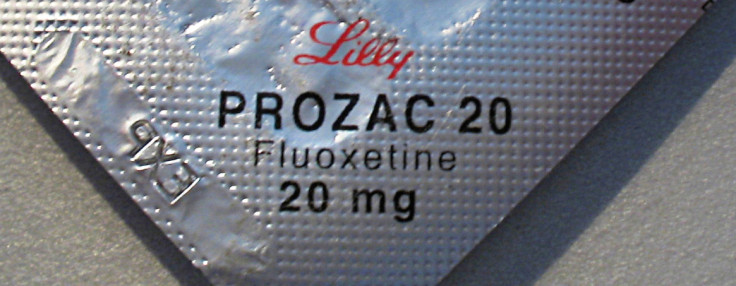Which are the best drugs to treat depression and what are the side effects?
KEY POINTS
- One million more Brits should take antidepressants.
- Amitriptyline is the most effective drug out there.
- Prozac is among the least effective.
A landmark study has found that antidepressants are effective and more people should take them.
The research, published in The Lancet, also identified the most and least effective antidepressants available worldwide and on the NHS.
Researchers from Oxford University analysed data from 522 separate trials involving 116,000 patients suffering from moderate to severe depression.
Each of the medicines performed significantly better than a placebo – some by more than others.
Fluoxetine, sold under the brand name Prozac is among the best known pills for counteracting depression. It was prescribed 6.6m times by the NHS in 2016.
However, it was only the 16th best performing medicine of the 21 most common brands on offer – 52% more effective than a placebo.
At the top of the rankings was Amitriptyline, which performed 113% better than a course of placebos.
The drug was discovered in the 1950s, and is also used for migraine and chronic pain relief. It is a respiratory depressant and can cause overdose.
Researchers sought to use the findings to overcome "ideological" opposition to the treatment of depression with drugs.
"Taking antidepressants is frequently portrayed as a negative thing or something done only when other therapies are not available or have failed," said Helen Stokes-Lampard, chairwoman of the Royal College of GPs.
"This research should reassure patients who are taking or are contemplating commencing antidepressants, and the doctors that prescribe them, that they are an effective treatment."

Top five performing antidepressants – % better than placebo (and number of NHS prescriptions in 2016)
1. Amitriptyline, 113% (12.9m): Best kown under the brand name Elavil. A tricyclic, which blocks uptake of two neurotransmitters. It is also used to combat pain. Less than 1% of patients experience dizziness, headaches and weight gain. Can cause problems if taken during pregnancy.
2. Mirtazapine, 89% (7.5m): Best known under the brand Remeron. An atypical antidepressant, which antagonises certain adrenergic and serotonin receptors. Can increase appetite and thereby produce weight gain.
3. Duloxetine, 85% (1.8m): Best known under the brand name Cymbalta. Increases serotonin levels. Also used to treat fibromyalgia and neuropathic pain. Nausea, insomnia and dizziness reported by around 10% of patients.
4. Venlafaxine, 78% (3.9m): Best known under the brand name Effexor. Increases serotonin levels. Has higher risk of withdrawal symptoms but fewer unwanted side-effects compared with many other antidepressants. Also used to treat panic and social phobia. The sixth most commonly prescribed drug in the US.
5. Paroxetine, 75% (1.4m): Branded Seroxat. Also used for panic disorder, PTSD, OCD and anxiety. Side-effects include sexual dysfunction in men. Higher risk of withdrawal symptoms. Also used to treat night sweats associated with menopause.
John Geddes, one of the reports authors, said: "There's something about taking a drug for a mental health problem that people think, 'That's not what I want to do', so it's important to be clear about the efficacy.
"We do tend to be a bit squeamish about it . . . If it was cancer and only one in six were getting access to effective treatment we'd think there was something squiffy going on."





















